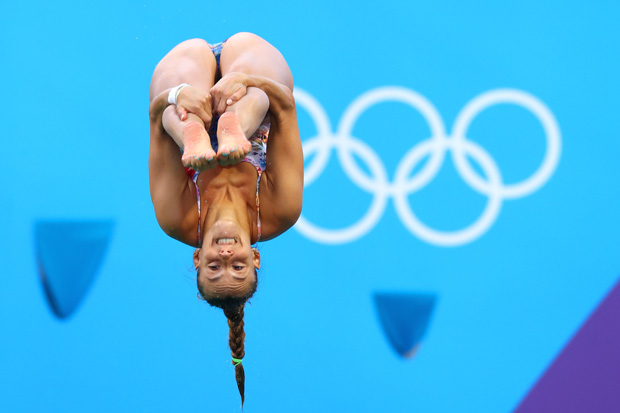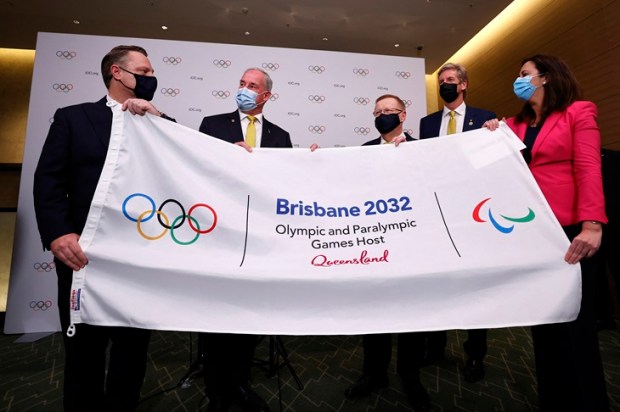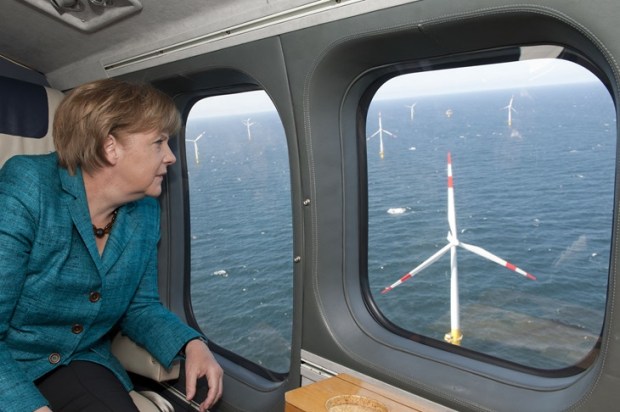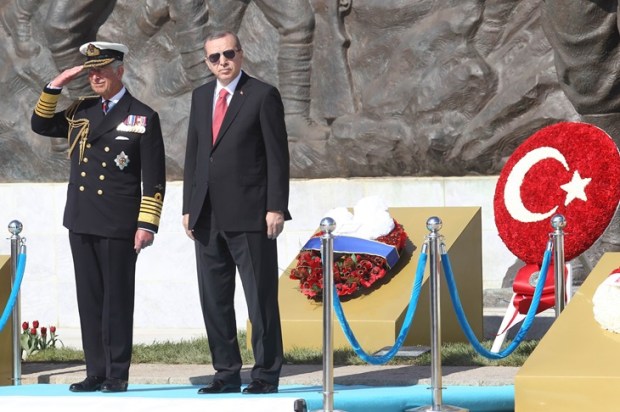Pain heals. Glory lasts forever. And longer than that lasts the bill for hosting the Olympics.
Scott Morrison this week agreed that the federal government would stump up half the costs of the Olympics should Brisbane ‘win’ the right to host the 2032 games, just over an hour before applications to the International Olympic Committee were due. This means two things.
One, the International Olympic Committee moves one step closer into tricking the latest sucker of a city into hosting them.
And two, all Australian taxpayers are going to have to chip in for this vanity project.
The Olympics are fun to watch. The world’s greatest athletes are there, people achieve dreams they’ve had since they were kids and canoe slalom is the single greatest sport to care about for precisely three days every four years.
And just like all other major international sporting events, we’re already being told that the Olympics is going to make us all richer as — based upon an outrageous assumption that international and state borders are going to be open by 2032 – tourists flock in.
But, also like all other major international sporting events, the cities that host the Olympics pay the costs long after the Olympic flame is extinguished.
We know this for a fact. The 2000 Olympics was supposed to be a cash cow for the nation and an event to set up a revolution in tourism.
Here’s what actually happened. Researchers from Monash University found that the games reduced household consumption by $2.1 billion.
And tourism didn’t explode either. Those same researchers found that once the Olympics wrapped up there was no evidence of an increase in extra tourists, because Sydney was already a well-established tourism destination.
It’s not as if the Olympics told previously unaware international travellers about the hidden secret of the Sydney Harbour Bridge.
We then learned the lesson again – and this time in Queensland. A Griffith University report from 2017 found that the federal and Queensland government spent a combined $1.78 billion on the Commonwealth Games in the Gold Coast.
The Queensland government said games tourists were well over what was expected, but that did not lead to more money for Queensland retailers, who said the Games led let to some of the worst weeks of business they had ever had as the tourists were never seen on the streets or in the cafes.
And as far as restoring a sense of national pride goes, Australia won 198 medals that Commonwealth Games. Sounds like a lot – but that means every medal cost taxpayers $9.2million. Not the kind of return on investment we were hoping for.
Have we learned our lesson? Absolutely not. The Queensland government has already announced that the Gabba would be demolished and then rebuilt at the cost of $1 billion of taxpayer money if the Games goes ahead. Why this needs to happen is not clear, aside from Premier Palaszczuk’s immortal statement that “every games needs a home.”
We don’t even have the Games yet and already the government is showing there’s not a cent of other people’s money they aren’t prepared to waste.
Scott Morrison has never been labelled a fiscal conservative (or anything really — to be labelled as something you have to at one point have a political philosophy) but even for him a 50/50 split on funding is extraordinary.
That is going to end up in the billions of dollars mark. For contrast the federal government in 2000 paid $150 million.
So why are we doing this? Because the PR sugar hit is intoxicating. Morrison has already said the conditions of the 50/50 funding split is reliant on the formation of the Olympic Infrastructure Agency – jointly “owned funded and fun” between the federal and Queensland government – that will oversee all development of the games.
He says he wants to see that “all levels of government … work together and take the politics out of each decision” in planning the games, but surely that can be achieved by not planning the games in the first place.
But not being involved means no press conferences, no speeches and no telling voters in Queensland next election how hard he worked to make sure the Olympics got to Queensland. And can you really put a price on that marketing?
Yes of course you can. And the taxpayers of 2032 and beyond will know it all too well.
James Bolt is a Research Fellow at the Institute of Public Affairs. Join as a member at www.ipa.org.au.
Got something to add? Join the discussion and comment below.
Get 10 issues for just $10
Subscribe to The Spectator Australia today for the next 10 magazine issues, plus full online access, for just $10.

























Comments
Don't miss out
Join the conversation with other Spectator Australia readers. Subscribe to leave a comment.
SUBSCRIBEAlready a subscriber? Log in